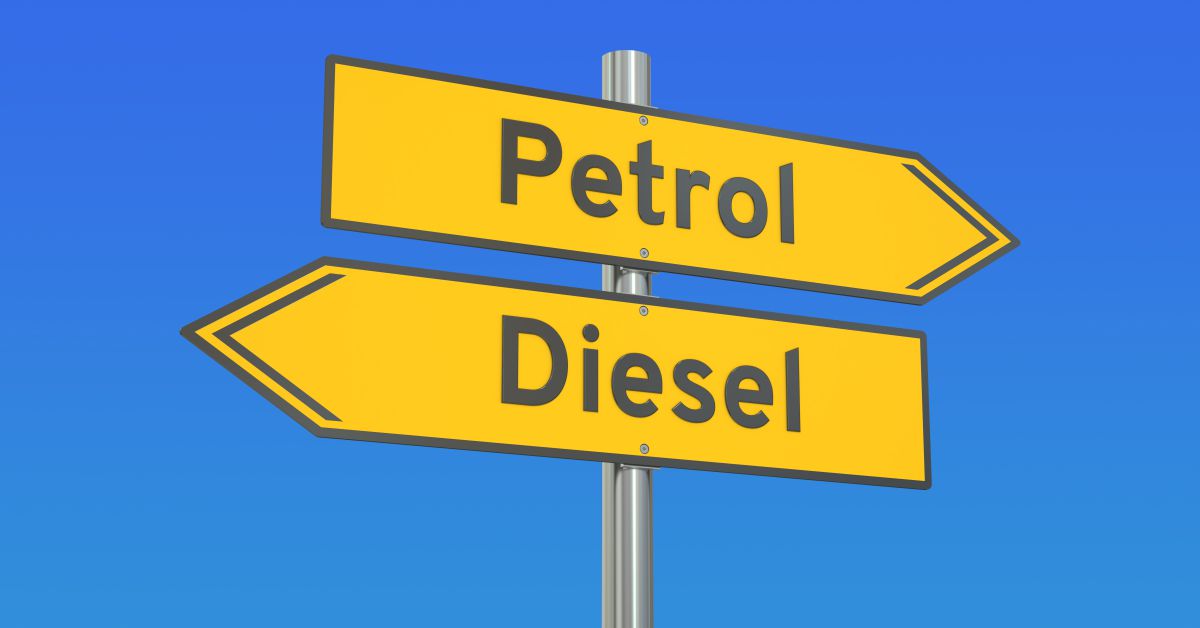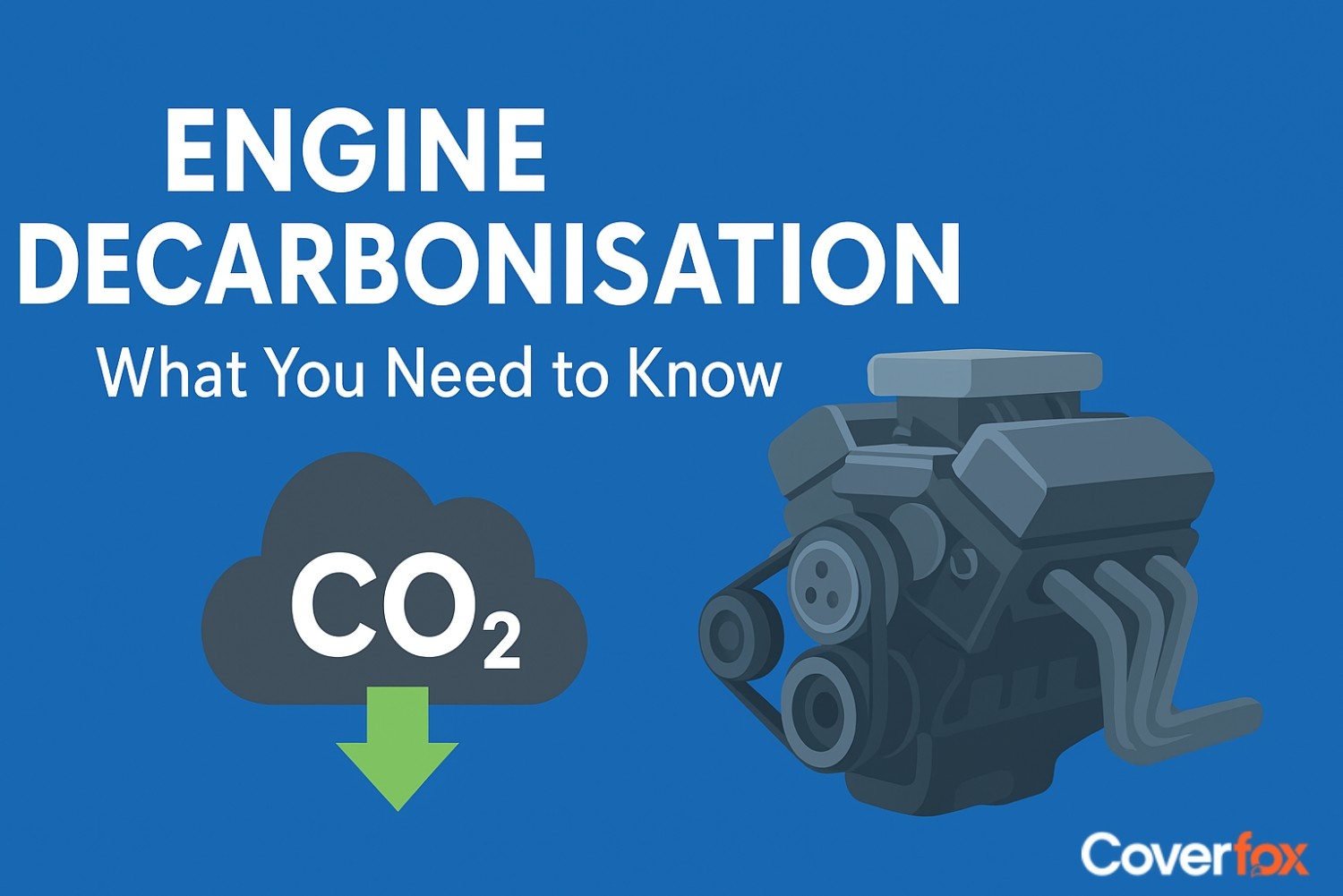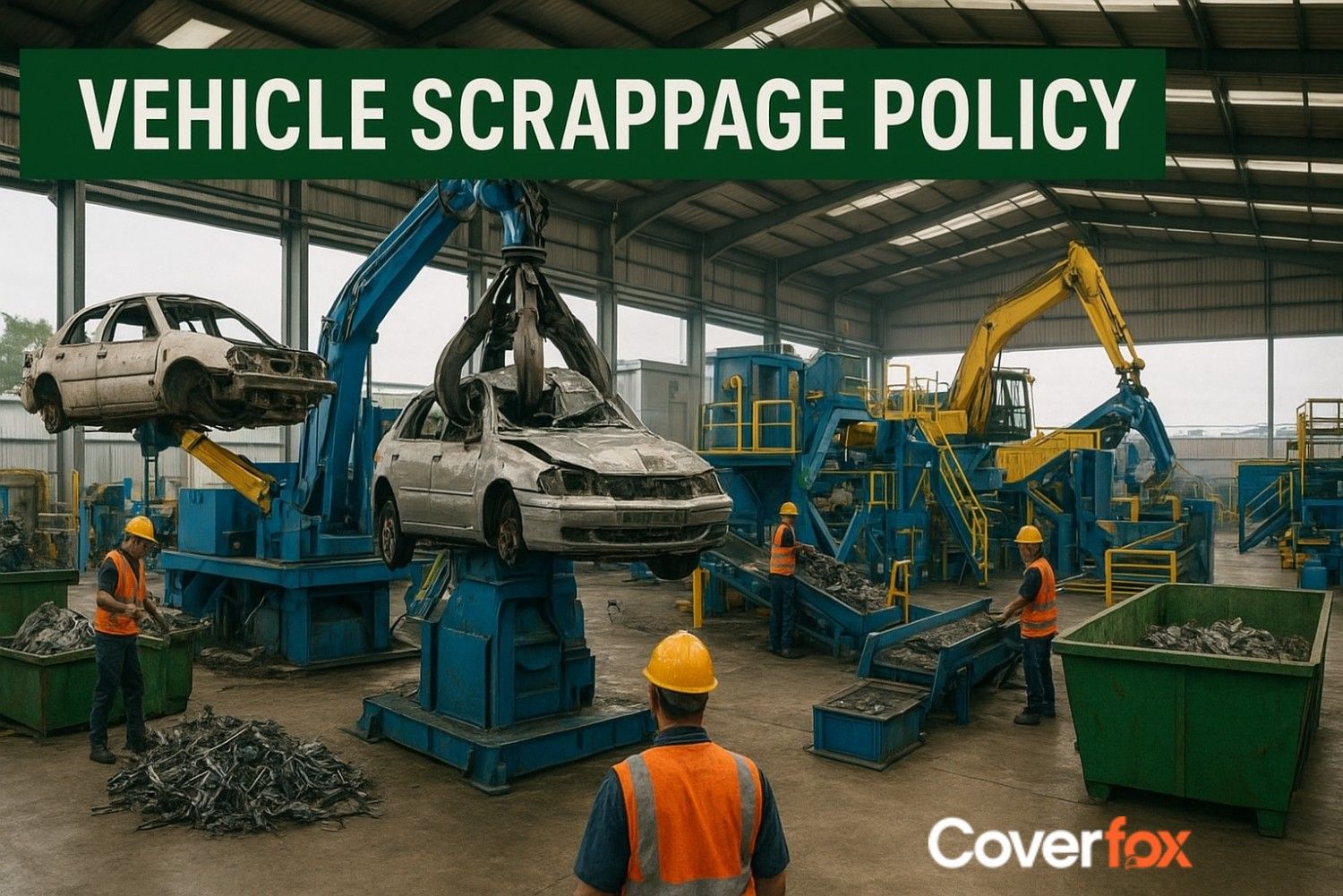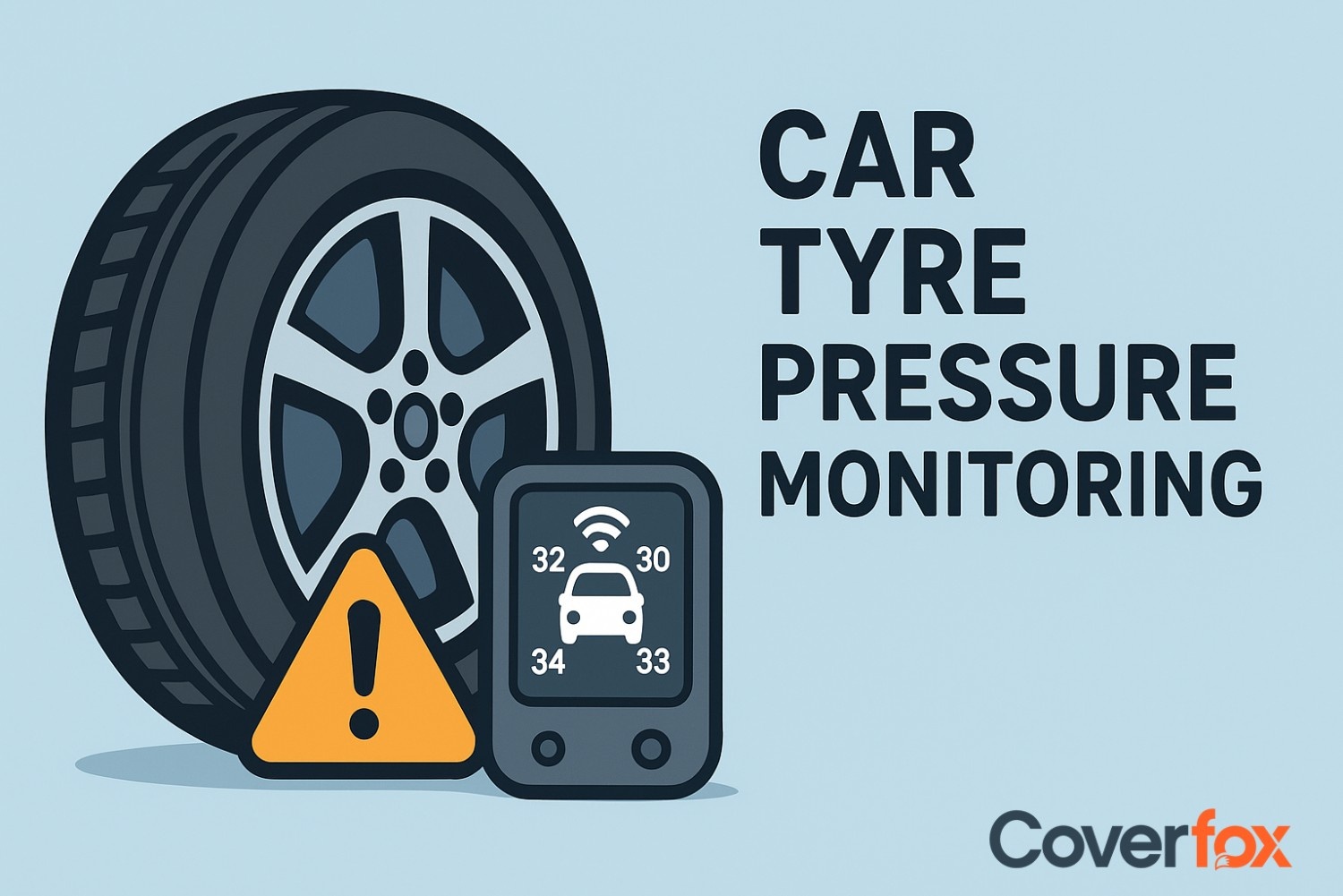Deciding between diesel and petrol cars involves weighing factors like fuel efficiency, costs, and environmental impact. This article provides a comprehensive comparison to guide your choice, considering historical context, mechanical differences, and long-term economic considerations.

Choosing between a diesel or petrol car can be a daunting task. Both options have their unique advantages and drawbacks.
The decision often hinges on factors such as fuel efficiency, cost-effectiveness, and environmental impact. These factors can significantly influence the total cost of ownership.
In this article, we delve into the intricacies of diesel and petrol vehicles. We aim to provide a comprehensive comparison to help you make an informed decision.
We will explore the historical context, mechanical differences, and fuel economy of both types of engines. We will also discuss the implications of your choice on insurance policies.
Whether you're an automobile enthusiast or a potential car buyer, this article will equip you with the knowledge you need. Let's embark on this journey to discover which is the better choice for you - a diesel or petrol car.
Understanding Fuel Efficiency in Vehicles
Fuel efficiency refers to the distance a vehicle can travel per unit of fuel consumed. It's a critical factor in determining the operating cost of a vehicle.
Highly fuel-efficient vehicles not only save money on fuel costs but also contribute to environmental sustainability. They emit less carbon dioxide and other pollutants, reducing their impact on climate change. Understanding fuel efficiency is therefore crucial when choosing between a diesel or petrol car.
Diesel vs. Petrol: The Historical Context
Diesel and petrol engines have been in competition since their inception in the late 19th century. Rudolf Diesel invented the diesel engine to offer a more efficient alternative to the petrol engine.
Over the years, both engines have undergone significant technological advancements. However, the fundamental differences in their operation and fuel efficiency remain. These differences play a crucial role in the ongoing debate over whether a diesel or petrol car is a better choice.
Mechanical Distinctions Between Diesel and Petrol Engines
Diesel and petrol engines operate on different principles. Petrol engines use a spark plug to ignite the air-fuel mixture, resulting in a high-energy explosion that drives the pistons. This process, known as spark ignition, is less efficient but provides a smoother and quieter operation.
Diesel engines, on the other hand, rely on compression ignition. The air-fuel mixture is compressed until it self-ignites, generating a more forceful explosion. This results in higher efficiency but also produces more noise and vibration.
Fuel Economy: Diesel Compared to Petrol
When it comes to fuel economy, diesel engines generally outperform their petrol counterparts. Diesel fuel contains more energy per litre, which translates into more kilometres per litre. This makes diesel cars a popular choice for long-distance drivers and those who prioritize fuel efficiency.
However, the gap between diesel and petrol fuel economy is narrowing. Advances in petrol engine technology, such as direct fuel injection and turbocharging, have significantly improved their efficiency. Moreover, hybrid and plug-in hybrid petrol vehicles offer even greater fuel economy, challenging the dominance of diesel in this area.
Initial Purchase Cost: Diesel vs. Petrol Cars
Diesel cars typically come with a higher price tag than their petrol equivalents. This is due to the more complex and robust construction of diesel engines, which are designed to withstand the high compression ratios required for diesel combustion.
However, the higher initial cost of diesel cars can be offset by their superior fuel economy and lower depreciation rates. For buyers who plan to keep their vehicle for a long time or drive high annual mileages, a diesel car may prove to be a more cost-effective choice in the long run.
Long-Term Economic Considerations
When considering the long-term economics of owning a diesel or petrol car, several factors come into play. These include fuel prices, fuel consumption rates, maintenance costs, and resale value.
It's also important to consider the potential impact of future regulatory changes on vehicle ownership costs. For instance, stricter emission standards could lead to higher costs for diesel car owners.
Fuel Prices and Consumption
Diesel fuel is generally more expensive than petrol. However, diesel engines are more fuel-efficient than petrol engines, which can offset the higher fuel cost. The exact savings depend on the specific vehicle model and driving conditions.
Resale Value and Depreciation
Diesel cars tend to hold their value better than petrol cars, especially for high-mileage vehicles. This is due to their longer lifespan and better fuel economy. However, the resale value can be affected by factors such as the vehicle's condition, mileage, and market demand.
Environmental Impact and Emissions
The environmental impact of diesel and petrol cars is a significant factor to consider. Diesel engines emit less carbon dioxide (CO2) per mile than petrol engines, which is a plus for climate change. However, they produce more nitrogen oxides (NOx) and particulates, which contribute to air pollution.
Petrol engines, on the other hand, emit less NOx and particulates but more CO2. The choice between diesel and petrol can therefore depend on whether you prioritize reducing greenhouse gases or air pollutants.
Technological Advancements in Diesel Engines
Modern diesel engines have seen significant technological advancements. These include high-pressure common rail (HPCR) systems, turbocharging, and exhaust after-treatment systems. These innovations have improved fuel efficiency, reduced emissions, and made diesel engines quieter and smoother, narrowing the gap with petrol engines.
Regulatory Changes and Their Effects
Regulatory changes have a significant impact on the diesel vs. petrol debate. Stricter emission standards have led to a decline in diesel car production, while incentives for electric and hybrid vehicles are shifting the market dynamics. These changes can influence the long-term viability and cost-effectiveness of owning a diesel car.
Driving Habits: City vs. Highway
Your driving habits can significantly influence the fuel efficiency of your vehicle. Diesel cars are known for their superior fuel economy on highways, making them an excellent choice for long-distance drivers. However, frequent short trips and city driving can negate this advantage due to the higher initial consumption of diesel engines.
On the other hand, petrol cars tend to perform better in city driving conditions. They are more efficient for short trips and stop-start traffic, making them a suitable choice for urban dwellers. Therefore, your driving habits and patterns should be a key consideration when choosing between a diesel and petrol car.
Driving Habits: City vs. Highway
Your driving habits can significantly influence the fuel efficiency of your vehicle. Diesel cars are known for their superior fuel economy on highways, making them an excellent choice for long-distance drivers. However, frequent short trips and city driving can negate this advantage due to the higher initial consumption of diesel engines.
On the other hand, petrol cars tend to perform better in city driving conditions. They are more efficient for short trips and stop-start traffic, making them a suitable choice for urban dwellers. Therefore, your driving habits and patterns should be a key consideration when choosing between a diesel and petrol car.
Maintenance and Servicing: Costs and Frequency
When it comes to maintenance and servicing, diesel cars can be more expensive than their petrol counterparts. Diesel engines are built to withstand higher compression, making them more robust but also more complex. This complexity can lead to higher servicing costs, especially if specialized parts or expertise are required.
However, diesel engines often have longer service intervals, which can offset some of these additional costs. Petrol engines, while generally cheaper to service, may require more frequent maintenance. Therefore, it's crucial to factor in both the cost and frequency of maintenance when deciding between a diesel and petrol car
Insurance Policy Implications for Diesel and Petrol Cars
Insurance policies can also differ between diesel and petrol cars. Diesel cars, often being more expensive, can attract higher insurance premiums. However, insurance companies also consider factors like the car's safety features, the driver's record, and the likelihood of theft. Therefore, it's essential to get insurance quotes for both types of cars before making a decision.
The Future of Diesel and Petrol Cars in a Warming World
As the world grapples with climate change, the future of diesel and petrol cars is uncertain. Governments worldwide are setting ambitious targets to reduce greenhouse gas emissions, which could lead to stricter regulations on internal combustion engines.
Simultaneously, advancements in electric and hybrid vehicle technology are offering more fuel-efficient alternatives. These vehicles are becoming increasingly affordable and practical, posing a significant challenge to traditional diesel and petrol cars. Therefore, potential car buyers must consider these trends when deciding between a diesel or petrol car.
Conclusion: Making an Informed Decision
Choosing between a diesel or petrol car is a complex decision that depends on various factors. These include your driving habits, budget, environmental consciousness, and personal preferences. It's crucial to consider both the initial purchase cost and the long-term operating costs, including fuel, maintenance, and insurance.
In the end, the best choice is the one that suits your needs and lifestyle the most. Whether you opt for a diesel or petrol car, staying informed about the latest automotive technologies and trends will ensure you make a decision that is both economically and environmentally sound.
Also Read: Petrol Price in India





